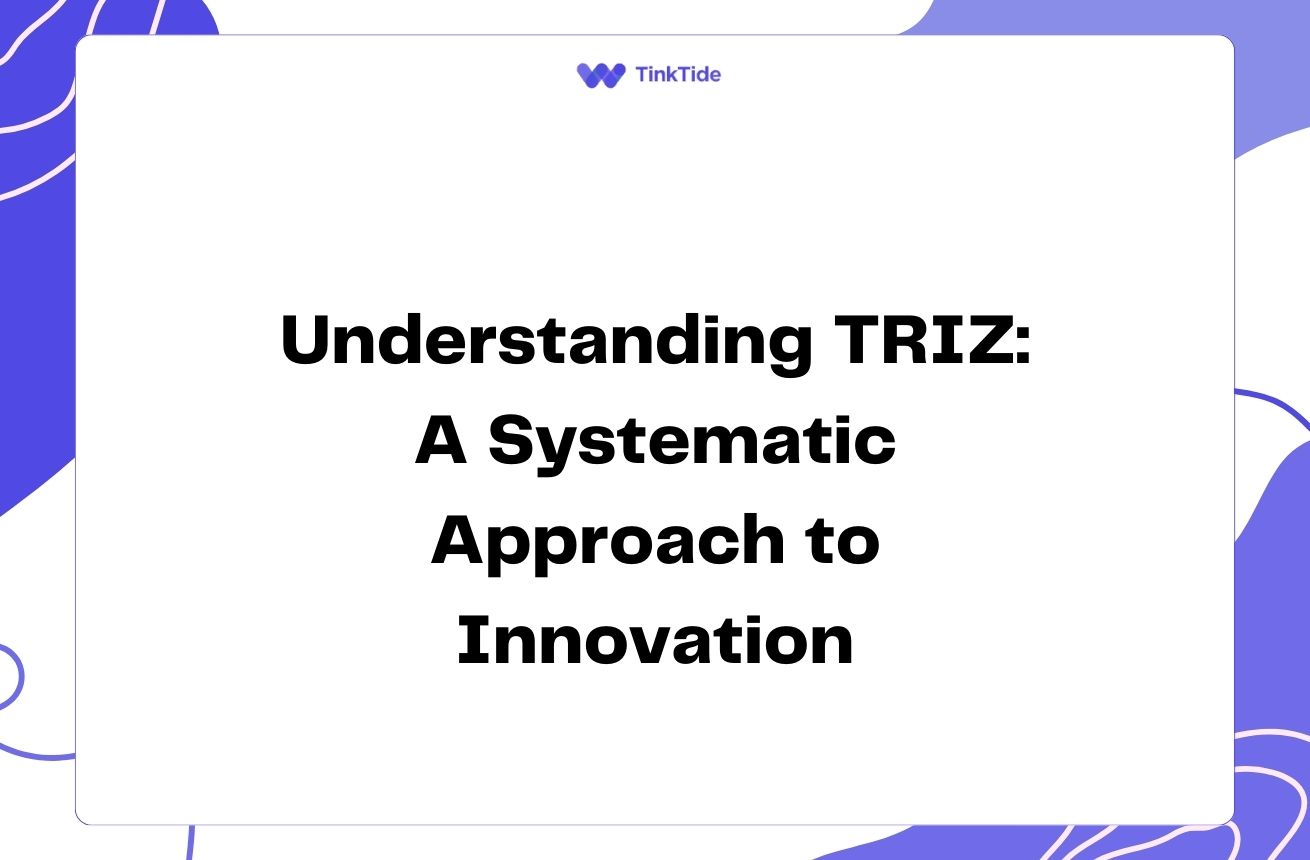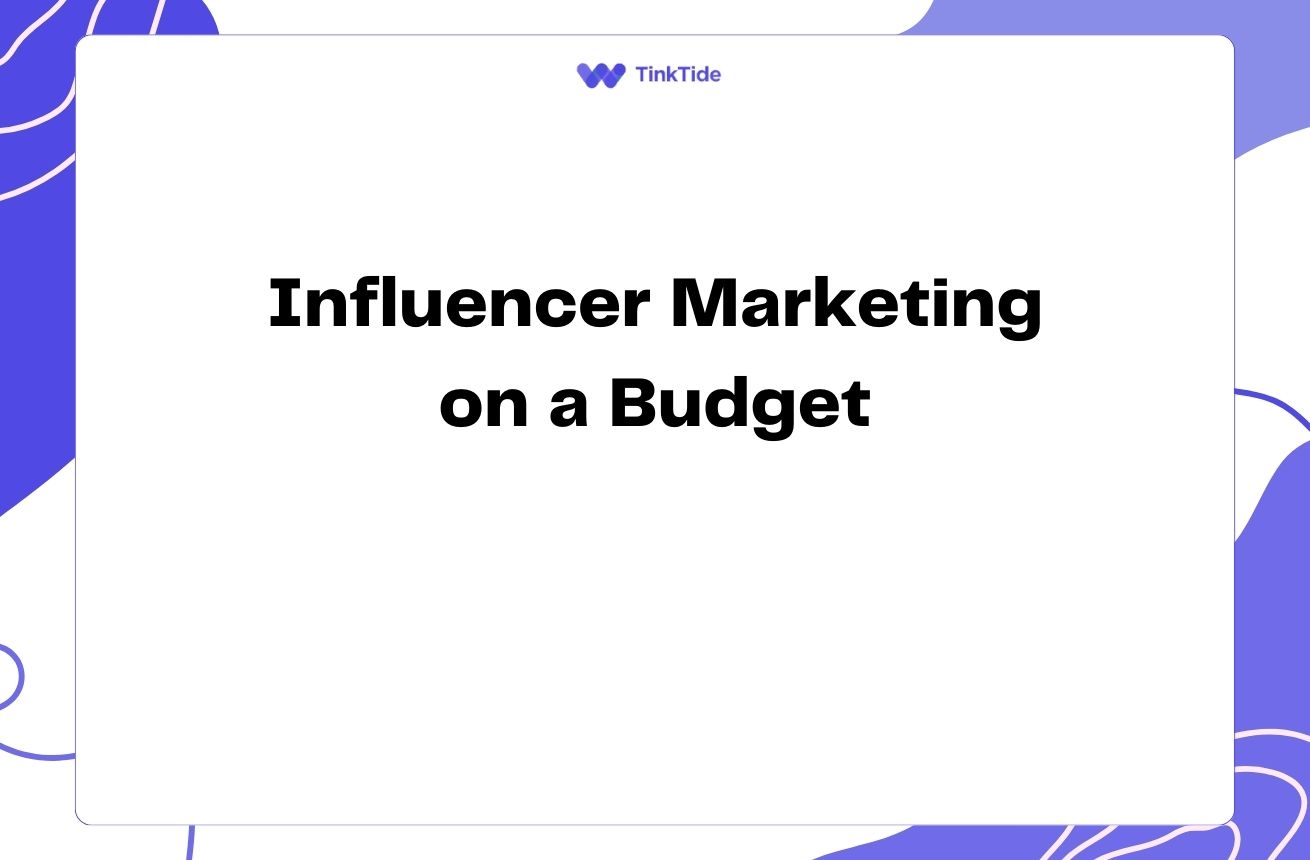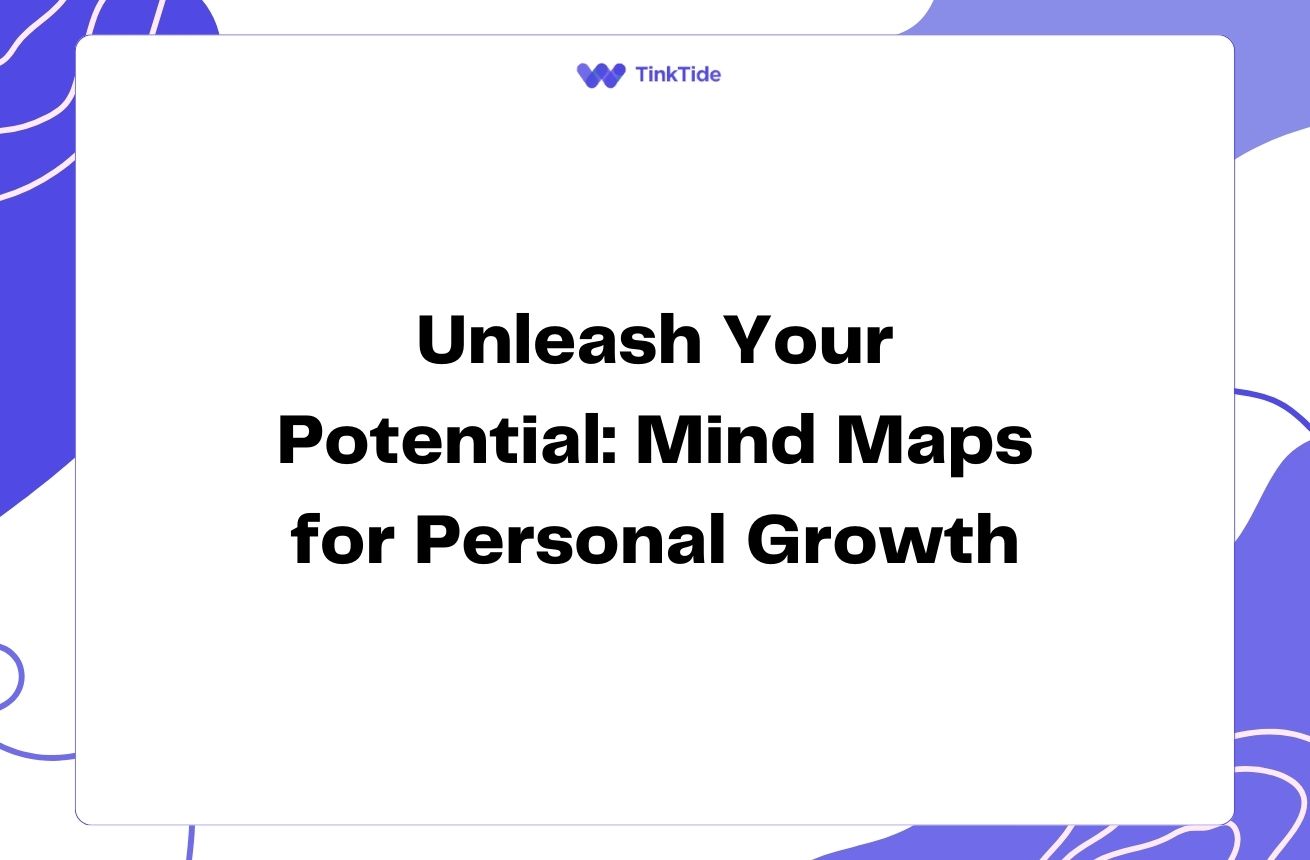AI-Powered Idea Generation for Market-Driven Innovation
The Power of AI in Idea Generation
Artificial Intelligence (AI) has revolutionized the way businesses approach idea generation. By leveraging vast amounts of data and advanced algorithms, AI can help companies identify market trends, consumer preferences, and emerging opportunities with unprecedented accuracy and speed.
One of the key advantages of using AI for idea generation is its ability to process and analyze massive datasets from various sources. This includes social media conversations, customer reviews, industry reports, and market research data. AI algorithms can quickly sift through this information to identify patterns, correlations, and insights that might be missed by human analysts.
For example, McKinsey's research shows that AI-powered analytics can help companies increase their new product success rate by up to 30%. This demonstrates the significant impact AI can have on aligning ideas with market demands.
By harnessing the power of AI, businesses can move beyond traditional brainstorming methods and tap into a wealth of data-driven insights to fuel their innovation pipeline.
Key Benefits of AI-Driven Idea Generation
AI offers several advantages when it comes to generating ideas that align with market demands and trends:
- Real-time trend analysis: AI can continuously monitor and analyze market trends, allowing businesses to stay ahead of the curve.
- Personalized insights: AI algorithms can segment customer data to provide tailored ideas for specific target audiences.
- Predictive capabilities: By analyzing historical data, AI can forecast future trends and consumer behaviors.
- Unbiased perspective: AI can provide objective insights, free from human biases or preconceptions.
- Scalability: AI systems can process vast amounts of data quickly, enabling businesses to generate ideas at scale.
AI Techniques for Market-Driven Idea Generation
Several AI techniques can be employed to generate ideas that align with market demands and trends:
1. Natural Language Processing (NLP): NLP algorithms can analyze customer feedback, social media posts, and online reviews to identify common pain points, desires, and emerging trends. This information can be used to generate ideas for new products or services that address specific customer needs.
2. Machine Learning (ML): ML algorithms can analyze historical sales data, customer behavior patterns, and market trends to predict future demand and identify potential opportunities for innovation. For instance, IBM's Watson uses ML to help businesses forecast market trends and generate product ideas.
3. Sentiment Analysis: This AI technique can gauge public opinion and emotional responses to existing products or services, helping businesses refine their offerings or develop new ideas that resonate with their target audience.
Implementing AI for Idea Generation
To effectively implement AI for idea generation, businesses should follow these steps:
- Define clear objectives: Determine what types of ideas you're looking to generate and what market segments you want to target.
- Gather relevant data: Collect and organize data from various sources, including customer feedback, market research, and competitor analysis.
- Choose the right AI tools: Select AI platforms or solutions that align with your specific needs and integrate well with your existing systems.
- Train your AI models: Provide your AI system with high-quality, relevant data to ensure accurate and meaningful insights.
- Continuously refine and iterate: Regularly update your AI models with new data and adjust your approach based on results and feedback.
Overcoming Challenges in AI-Driven Idea Generation
While AI offers tremendous potential for idea generation, there are some challenges to consider:
Data quality and bias: Ensure that the data used to train AI models is diverse, representative, and free from biases that could skew results.
Balancing AI and human creativity: Use AI as a tool to augment human creativity rather than replace it. Combine AI-generated insights with human intuition and expertise for the best results.
Ethical considerations: Be mindful of privacy concerns and ethical implications when collecting and analyzing consumer data for idea generation.
Real-World Examples of AI-Driven Innovation
Several companies have successfully leveraged AI to generate market-driven ideas:
1. Netflix: The streaming giant uses AI algorithms to analyze viewing patterns and preferences, helping them develop new original content ideas that are likely to resonate with their audience.
2. Spotify: Their AI-powered Discover Weekly playlist generates personalized music recommendations, leading to increased user engagement and the discovery of emerging artists.
3. Stitch Fix: This online personal styling service uses AI to analyze customer preferences and fashion trends, generating ideas for new clothing items and styles to offer.
The Future of AI in Idea Generation
As AI technology continues to advance, we can expect even more sophisticated idea generation capabilities:
1. Improved predictive analytics: AI will become better at forecasting future trends and consumer behaviors, allowing businesses to stay ahead of market demands.
2. Enhanced personalization: AI-driven idea generation will become increasingly tailored to individual consumer preferences and needs.
3. Cross-industry insights: AI systems will be able to draw connections and generate ideas by analyzing trends across multiple industries and sectors.
Common Questions About AI-Driven Idea Generation
Here are some frequently asked questions about using AI for generating market-driven ideas:
Can AI completely replace human creativity in idea generation?
No, AI is not meant to replace human creativity but rather to augment and enhance it. AI can provide data-driven insights and identify patterns that humans might miss, but human intuition, experience, and creative thinking are still crucial in interpreting and applying these insights.
How accurate are AI-generated market predictions?
The accuracy of AI-generated market predictions depends on the quality and quantity of data used, as well as the sophistication of the AI algorithms. While AI can provide highly accurate predictions in many cases, it's important to combine these insights with human expertise and real-world context for the best results.
What types of businesses can benefit from AI-driven idea generation?
Businesses of all sizes and across various industries can benefit from AI-driven idea generation. From startups looking to disrupt markets to established companies seeking to innovate, AI can provide valuable insights and ideas that align with market demands and trends.
How can small businesses with limited resources leverage AI for idea generation?
Small businesses can start by using affordable AI-powered tools and platforms that offer market analysis and trend forecasting. Many cloud-based AI services provide scalable solutions that can be tailored to smaller budgets. Additionally, partnering with AI consultants or academic institutions can provide access to advanced AI capabilities without significant upfront investments.
What are the potential risks of relying too heavily on AI for idea generation?
Over-reliance on AI for idea generation can lead to a lack of diversity in ideas, as AI systems may reinforce existing patterns and trends. There's also a risk of missing out on truly disruptive innovations that may not be apparent from historical data. It's important to balance AI-generated insights with human creativity and out-of-the-box thinking.
Additional Resources
AI for Product Innovation
McKinsey's insights on how AI is transforming product innovation
IBM Watson for Business
Explore IBM's AI solutions for business innovation
AI in Market Research
Gartner's analysis of AI applications in market research
Ethics of AI in Business
World Economic Forum's guide to ethical AI implementation
AI Trend Forecasting Tools
Forbes' list of top AI tools for trend forecasting
Embracing AI for Market-Driven Innovation
AI-powered idea generation is revolutionizing the way businesses innovate and respond to market demands. By leveraging advanced algorithms and vast amounts of data, companies can uncover valuable insights, predict trends, and generate ideas that resonate with their target audience.
As we've explored, the benefits of AI in idea generation are numerous, from real-time trend analysis to personalized insights. However, it's crucial to approach AI implementation thoughtfully, addressing challenges such as data quality and ethical considerations.
By combining the power of AI with human creativity and expertise, businesses can create a robust innovation pipeline that consistently delivers market-driven ideas. As AI technology continues to evolve, the possibilities for generating groundbreaking ideas that align with market demands and trends will only expand.
Supercharge Your Innovation with AI
Discover how our AI-powered platform can help you generate market-driven ideas and stay ahead of the competition.
Start Your Free Trial

